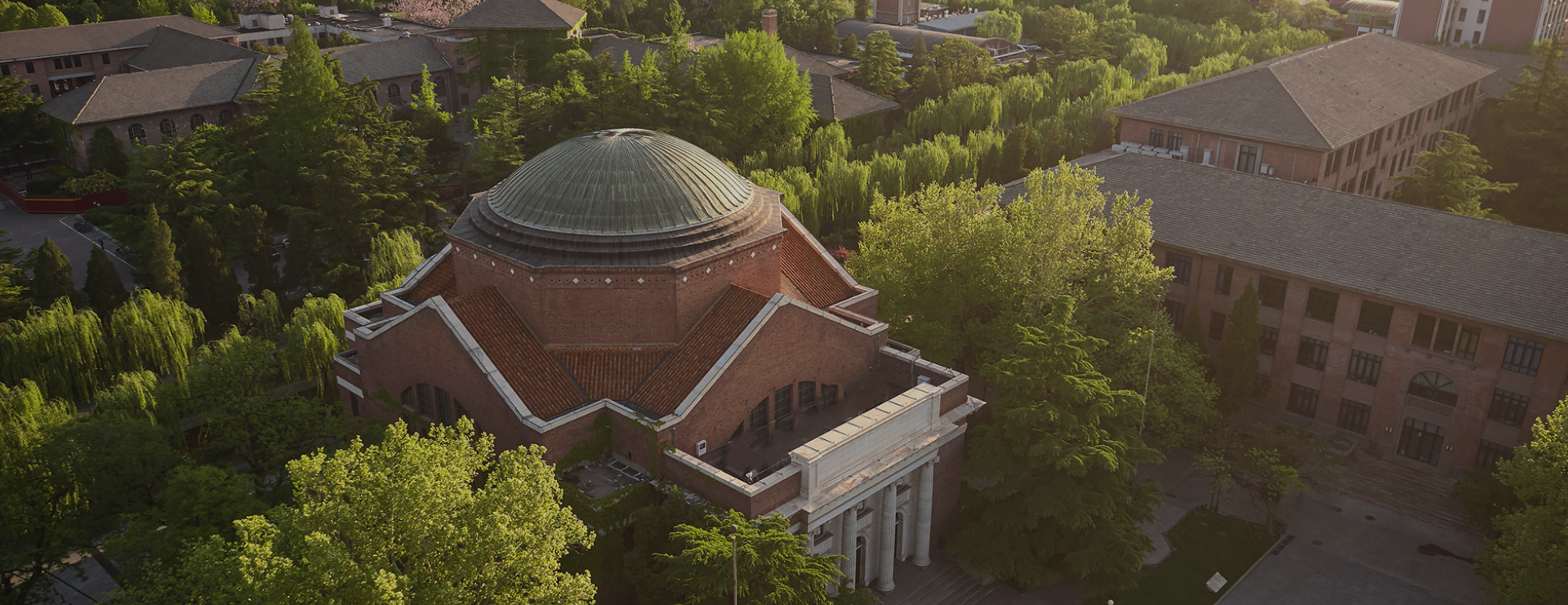Many fail to seek medical consultation after experiencing early warning signs
Although over 90 percent of Chinese people have a basic understanding of Alzheimer's disease, only one in 10 would seek medical consultation if they experienced trouble remembering, concentrating or having other early signs of the memory-robbing illness, a recent survey shows.
As China's population is aging rapidly and is expected to see rising levels of the brain disorder, experts have called for stepping up education on early prevention measures and boosting screening among high-risk groups.
In a survey of more than 20,600 people across the nation, researchers found that females, adults aged 21 to 40, and those living in urban areas and with a college degree or higher demonstrate better awareness of the disease. The overall rate of awareness for Chinese adults stands at 91.5 percent.
The survey was conducted by the China Association for Alzheimer's Disease this year and was published on Saturday, ahead of World Alzheimer's Day, which fell on Wednesday.
However, while over 78 percent of the surveyed participants said they are willing to seek diagnosis at medical institutions when they or their family members reported memory loss, only 12.9 percent ended up taking real action.
"The consultation rate is especially low among rural residents and those with lower academic degrees," said Xu Yong, a member of the association and a professor at the Medical College of Soochow University in Jiangsu province. "The finding shows that guiding people with initial symptoms to proactively seek professional diagnosis will be an important task."
Xiao Weizhong, head of the general medicine department at Peking University's Third Hospital, said that underlying the low consultation rate is insufficient awareness of the disease's harm and a lack of accessible diagnosis services.
Alzheimer's is the most common form of dementia among older adults. Patients will gradually lose memory and thinking skills, and eventually become unable to perform simple tasks such as brushing their teeth or getting dressed.
In China, Alzheimer's disease affects about 10 million people aged 60 and above. The incidence rate among people aged 65 and older is 5 percent, and the figure rises to 30 percent among those aged 80 and above, according to the association.
"We should employ online and offline platforms to enhance education on the disease," he said. "It is also of great significance to spread knowledge targeting family members, because many early symptoms of elderly patients are first noticed by their family members and require long-term care from them."
Qiao Liyan, head of the neurology department at Yuquan Hospital of Tsinghua University, said that establishing an accessible and comprehensive cognitive screening system involving hospitals, communities and families is vital.
While each family can fill in questionnaires as a screening tool, communities can adopt easy-to-use and more professional tests, such as a mini-mental state examination. "Hospitals should consider incorporating cognitive appraisals into health checkups, and strengthen efforts devoted to building memory disorder clinics," she said.
Wang Haidong, director of the National Health Commission's department of aging and health, said at a news briefing on Tuesday that the commission has rolled out a trial program in 15 provincial-level regions to provide early intervention for seniors with disabilities.
Editor: Guo Lili

